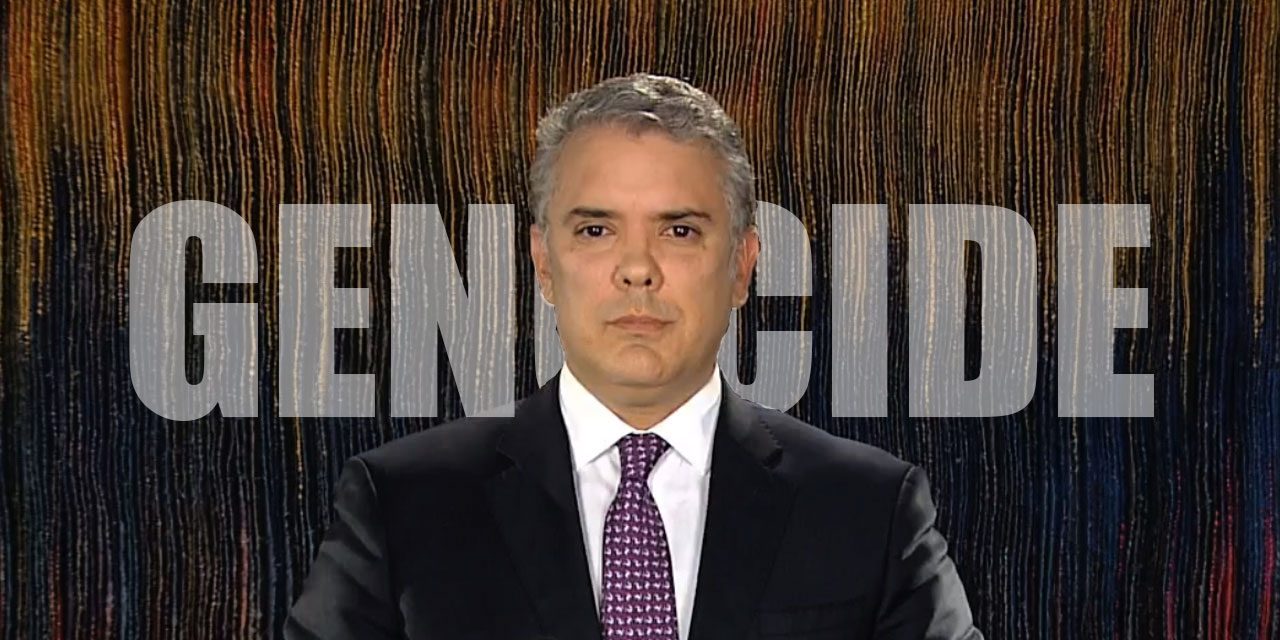Colombia’s largest peace movement on Thursday requested a visit from the United Nations’ genocide prevention chief to investigate the ongoing mass killing of social leaders.
In a letter, peace organization Defendamos la Paz asked the UN’s Special Adviser on the Prevention of Genocide, Adama Dieng, to “visit our country and analyze” the “growing number of assassinations of social leaders, members of indigenous and Afro-Colombian communities and former FARC combatants.
The letter followed President Ivan Duque’s persistent claims these killings reduced last year, which was rejected by the United Nations, which is monitoring the country’s peace process.
UN contradicts Duque over drop in killing of Colombia’s human rights defenders
Dieng met with the United Nations’ mission chief to Colombia, Carlos Ruiz, while the latter was in New York earlier this week to inform the Security Council over progress in the peace process.
Duque’s reluctance to implement the peace deal and his government’s attempts to distort the truth about the violence triggered the peace movement to call in the help of the UN’s genocide prevention chief.
Defendamos la Paz
The president’s far-right party fiercely opposes the peace process and the family of Duque’s political patron, former President Alvaro Uribe, is accused of having formed death squads similar to the ones that, together with drug traffickers and guerrillas, are carrying out most the killings.
Genocide: the new normal in Duque’s Colombia?
The alleged involvement of Duque’s political and financial patrons in the formation of far-right paramilitary groups has been a major obstacle in the peace process that includes a war crimes tribunal.
Contrary to the evidence, the government has insisted that it has been implementing the peace deal.


